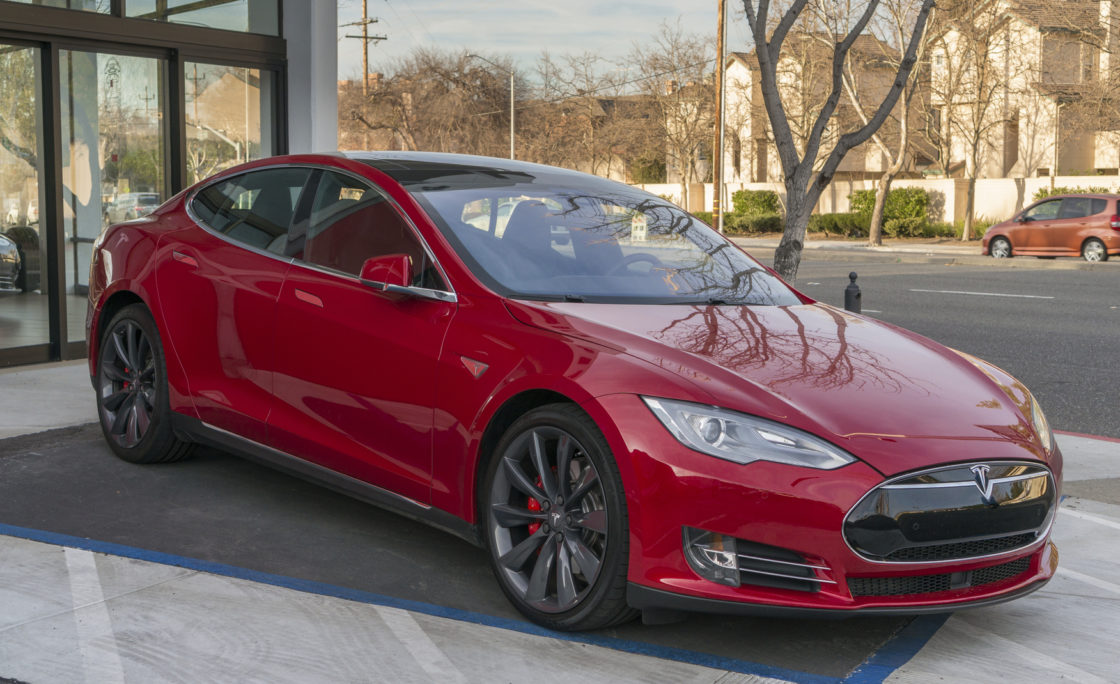Car finance refers to the way in which a car is bought. It can be done in a number of ways, such as by taking out a personal loan or through hire purchase. There are many options to choose from, all of which have positives and negatives attached.
While car finance can seem a scary proposition, in reality it’s fairly simple. All you need to do is decide which method suits you best, and then choose the provider who offers the best product of this kind.
Personal loan
Personal loans are the most popular method of car finance, because borrowing in this way will give you almost instant ownership of the vehicle.
There are a number of price comparison websites to help you find a deal. Perhaps the easiest way of comparing loans is to use the Annual Percentage Rate (APR), but if the APR isn’t clearly set out in the loan proposal then ensure you ask for it.
It can often be tempting to take a loan out over a longer period as this would result in lower monthly payments, but this will generally mean you pay back a much larger amount over the loan term due to the interest.
You will probably want to go for a personal loan if you say yes to one or more of these statements:
- You don’t have a deposit for a finance deal
- You want to own the car outright
- You plan to keep the car for a while
- You don’t want annual mileage restrictions
Personal Contract Purchase (PCP)
This method requires a deposit, fixed interest rate and monthly repayments. At the end of the loan term you can return the car, trade it in for a replacement, or keep it.
Returning the car will cost you nothing, provided that you haven’t exceeded any mileage agreements and have returned the car in good condition.
If you decide to keep the car you will need to bay a final ‘balloon’ payment, which amounts to the car’s Guaranteed Future Value (GFV), which would have been agreed at the start of the arrangement. The GFV will be decided based on a number of key factors, such as the anticipated mileage and the length of the loan.
If you decide to trade in the car any GFV equity can be utilised as a deposit on the next car.
You will probably want to go for Personal Contract Purchase if you say yes to one or more of these statements:
- You want lower monthly repayments
- You like the flexibility of options at the end of the agreement
- You can confidently and accurately nominate your mileage
- Hire purchase
Hire Purchase (HP)
This is one of the simplest ways to buy a car, requiring a deposit and monthly payments. The car will be owned by the selling company until all payments have been made and the payment-maker will have no legal right to sell the vehicle.
HP agreements are secured against the car, so if you default on payments the dealer is liable to reclaim the car.
You will probably want to go for Hire Purchase if you say yes to one or more of these statements:
- Eventual ownership is important to you
- Your budget and circumstances suit fixed monthly repayments
- Your disposable income is likely to decrease over the agreement term
- You like low-risk credit secured against the car only
- You don’t mind not owning the car until the debt is fully repaid
Personal Contract Hire (PCH)
Personal Contract Hire involves renting the car, usually for a period of two or three years and with an agreed mileage limit. This method does not include an option to buy the car at the end of the agreement.
You will be responsible for the upkeep of the car for the duration of the agreement, but this method comes with low monthly repayments and a small deposit amount.
Usually it is a good idea to choose a car that holds its value well, as you will repay a lower amount due to the lack of deprecation.
You will probably want to go for Personal Contract Hire if you say yes to one or more of these statements:
- You don’t want to own a car, or suffer its depreciation
- You like being able to change cars frequently
- You like the idea of driving better cars than you could normally afford
- You don’t mind looking after cars properly
Dealer finance
It’s important to do your research before agreeing to this kind of deal, checking manufacturer finance deals first. Try not to focus too much on the interest rate or the monthly repayments, instead looking at the total repayable amount and compare this to other options.
Don’t assume that a dealer’s offer is final – everything can be negotiated. Remember to get the final offer in writing too. Please remember that dealers exist to make money, and this will be built into your repayments.
You will probably want to go for dealer finance if you say yes to one or more of these statements:
- You like the convenience of ‘package’ deals
- You’re happy to do some cost-comparison research
- You don’t want to do the research, but you don’t mind paying extra</li’>
Self-finance
It’s important to remember that using your own money to buy a car is always an option, especially given current interest rates in the UK. It is particularly sensible if you have high or varying mileage, as you will avoid any charges for exceeding a number of miles.



